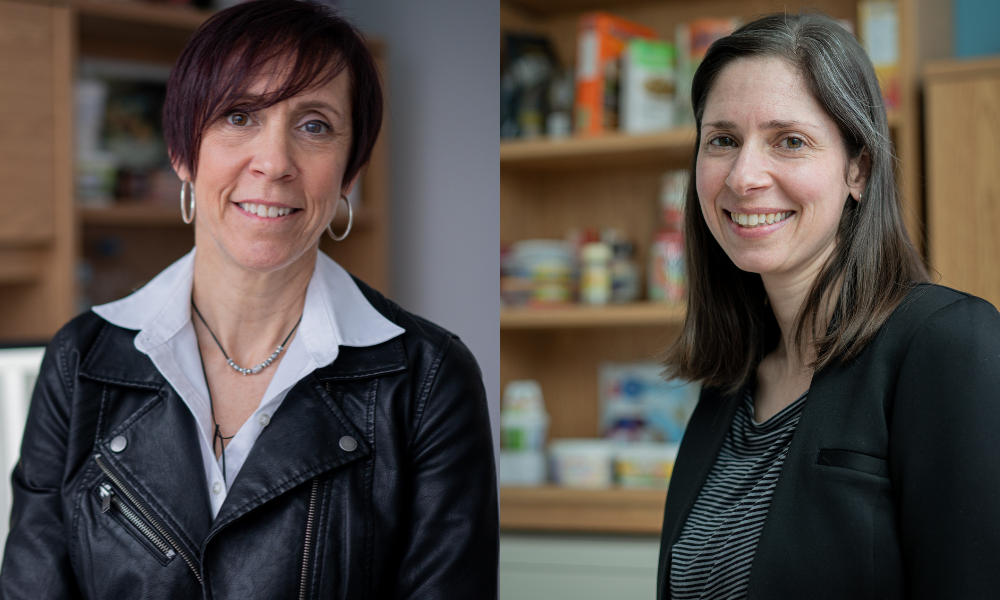The 5 key principles of a heart-healthy diet
Foundation
Home > Blog > The 5 key principles of a heart-healthy diet
It can sometimes be tricky to stick to a balanced diet. To help you adopt a diet that’s good for your health and your heart, we’ve spoken with Élise Latour and Karine Lamoureux, nutritionists at the EPIC Centre.
Here are 5 food habits you should embrace.
1. Adopt a Mediterranean or plant-based diet
On the menu: fruits and vegetables, whole grain cereals, legumes and other plant protein (ex.: tofu, tempeh, seitan…), olive oil, fish, seafood, nuts.
Enjoy with moderation: poultry, red meat, high-fat dairy.
Avoid: ultra-processed foods, cold cuts, sweets.
2. Choose high-quality fats
Examples: olive oil, canola oil, avocado oil, camelina oil, nuts, natural nut butter, avocado, fatty fish.
Limit your consumption of: animal fats, palm and palmist oil, coconut oil.
Avoid: ultra-processed fats, store-bought fry batter.
3. Monitor your sodium intake
Processed foods and ready-made meals often contain a huge amount of salt. That’s why it’s important to check the nutrition facts label on the products you buy. You should also be aware of how much salt you add to the foods you prepare.
Maximum daily salt intake: 2,300 mg/day.
However, those with cardiovascular health problems should not exceed 2,000 mg/day.
4. Limit your sugar intake
All sugars are not created equal – make sure you’re choosing the right ones.
Limit your intake of: quick-acting sugars including white sugar and brown sugar as well as processed foods that are high in sugar such as soda, desserts, etc.
According to the World Health Organization, quick-acting sugars should comprise less than 10% of your total energy intake – or about 50 g (12 teaspoons) per day.
However, you should aim to keep it under 5% of your total energy intake – or about 25 g (6 teaspoons) per day.
5. Eat lots of fibre
The health benefits of fibre are numerous: it can help regulate your blood pressure, lower your bad cholesterol (LDL), help you regulate your blood sugar levels, help prevent cancer, improve your digestion, and make you feel full longer.
High-fibre foods include vegetables, fruits, nuts, seeds, legumes, and whole grain cereals.
Recommended daily fibre intake:
- 25g/day for women
- 38g/day for men
Like this guide? Share it with those who are dear to your heart!










